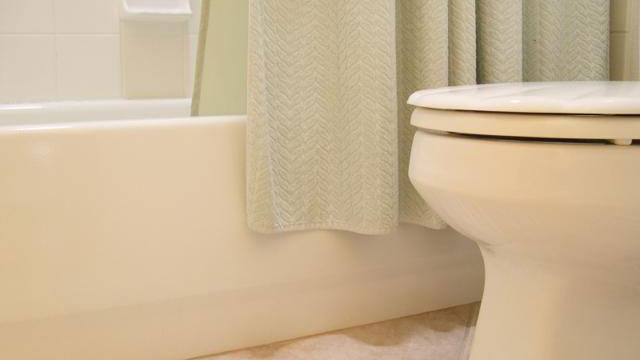Bath Water and Water Safety in Hurricanes

Since hurricane strikes may damage water lines or cut off water sources, one of the most essential hurricane preparation steps is having an abundant water supply. Many hurricane preparedness guides urge those in the path of the storm to fill bathtubs with water. While this may be a fairly simple concept, it is important to understand the purpose of this water and its various uses.
Uses of Bath Water During Hurricane
After a hurricane makes landfall, water supply companies may be shut down, meaning that your house will no longer receive running water. If you have stored gallons of water in your bathtub, you’re in luck. Water that has been kept in a bathtub may be utilized for washing, cooking (when boiled or decontaminated), and even flushing toilets.
Perhaps the biggest concern is if bath water is safe to drink. In short, the answer is no, unless you have taken proper measures to sanitize the water such as boiling the water or adding sanitizing agents (See “Prevent Water Contamination” section). Water in the tub sits stagnant and may become contaminated easily. The National Oceanic and Atmospheric Administration regards bath water as generally unsafe for drinking if it has not been decontaminated.
Prevent Water Contamination
Humans can only live a few days without water. Be sure to have a clean supply of water stored in containers or jugs. Experts urge residents to clean out water containers and bathtubs before filling them with water. Never drink flood water; it can be toxic and polluted. Local news sources and officials will notify residents of the status of water safety following the hurricane.
Ensure that your water is clean and safe through:
- heating the water until boiling for 1 to 3 minutes. Let the water cool to room temperature before drinking, but do not add ice.
- adding iodine or chlorine to the water which may be available in tablets
- using certain water filters to cleanse the water
- testing water for contamination with test kit
Do not drink any water that appears brown colored or has particles in it. Residents should not allow any unsterile water to come in contact with their eyes or mouth, this can result in an infection. Families with elderly or young family members should be extremely cautious of their water uses.
For information about hurricane preparedness and safety, read more national-hurricane-center.org.


Recent Comments